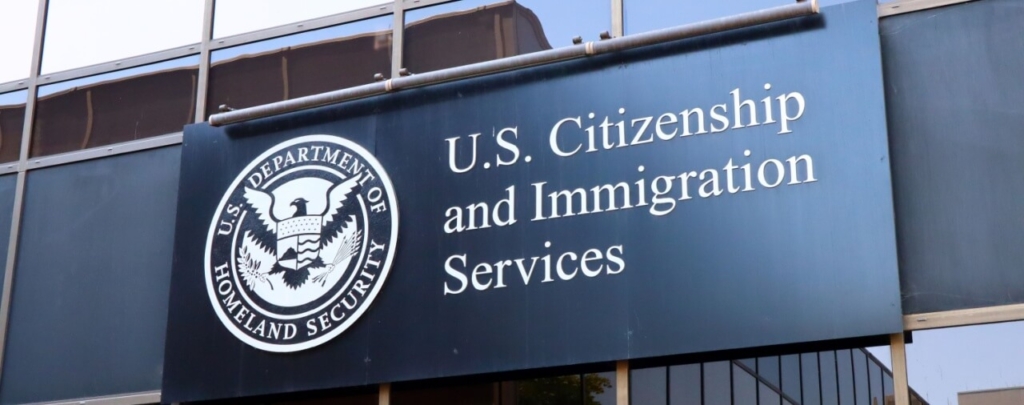On February 5, 2021, the United States Court of Appeals for the Second Circuit published an important decision for immigration practitioners and the general public in New York Legal Assistance Group v. Board of Immigration Appeals, 19-3248-cv (2d Cir. 2021) [PDF version].
The New York Legal Assistance Group filed suit to require the Board of Immigration Appeals to make all of its non-precedent decisions available to the public. In pursuing its case, the New York Legal Assistance Group relied upon the federal statute codified at 5 USC 552(a)(2), which places upon the Board the affirmative obligation under the Freedom of Information Act to make all of its final opinions and orders public in an electronic format. 5 USC 552(a)(4)(B) gives Federal district courts the authority to enjoin the Board from withholding records and to order the Board to produce records. The New York Legal Assistance Group sought to require the Board to make available for the public all unpublished opinions issued since November 1, 1996, in addition to future unpublished opinions.
In issuing an opinion to resolve a case, the Board may issue a published opinion or an unpublished opinion. Published opinions are precedential [see article], and thus binding on other cases. Unpublished opinions are non-precedential [see article], and are not binding in other cases. Nevertheless, the Board often references its unpublished opinions, despite the fact that they are not binding, and practitioners and clients often lack access to these opinions.
The United States District Court for the Southern District Court had dismissed the New York Legal Assistance Group’s petition, concluding that he lacked the authority under statute to order the Board to make its unpublished opinions publicly available.
The Second Circuit, however, disagreed. By a 2-1 majority, the Court held that the district court did have the authority to order the Board to comply with its affirmative disclosure obligations. For that reason, the Second Circuit remanded the record to the District Court to reconsider the matter in light of the ruling that the district court has the authority to order the Board of Immigration Appeals to comply with its obligations to make all of its opinions available to the public.
The Second Circuit has, for the time being, left it to the District Court to consider what remedies are appropriate. Its opinion notes that while the Board of Immigration Appeals created the instant problem by not complying with its obligations to make records publicly available, remedying the problem will place a burden on the agency. For that reason, the Second Circuit recommended that the District Court consider a remedy that would require the Board to begin complying with its obligations by publishing more recent decisions, and reassess periodically.
On page 46 of the opinion, the Second Circuit stated that there “may be … some point in the process [where] the burden of redacting and posting [unpublished opinions and orders] will outweigh the equitable benefits of continued publication.” Here, the Second Circuit majority opined that recent opinions dealing with current laws will be more valuable to immigration practitioners and the general public than older decisions. Thus, while the New York Legal Assistance Group won an important victory, it is possible that the courts will not ultimately require the Board to make public every opinion — estimated to be 750,000 — it has issued since November 1, 1996.
The Second Circuit’s decision is an important victory for transparency, and it will help ensure that the Board does not rely upon decisions to resolve cases that are not readily available to immigration lawyers and individuals in the immigration system. Furthermore, being able to consult unpublished decisions provides valuable information for how to approach cases where there are similar issues. We congratulate the New York Legal Assistance Group for its well-earned an important victory.





